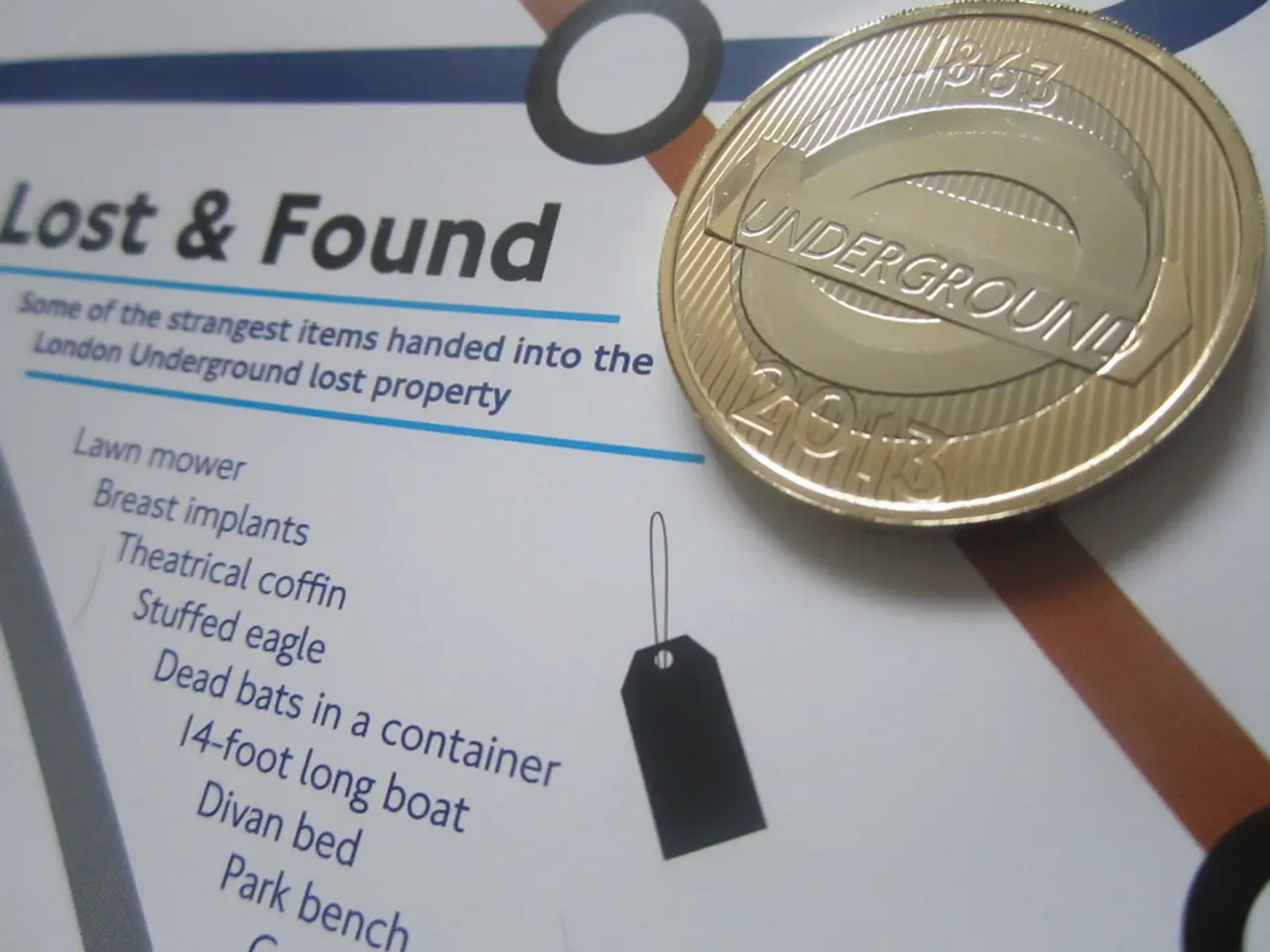Klarna intends to expand beyond its buy now, pay later service, according to the company's plans.
Klarna, the Swedish fintech company known for its "buy now, pay later" (BNPL) service, is gearing up for a significant transformation. The company, led by CEO Sebastian Siemiatkowski, is planning a second attempt at its Initial Public Offering (IPO) in September or October 2025, with a U.S. listing on the horizon after filing confidentially for an IPO in November 2024 [1][2].
The impending IPO is just one part of Klarna's ambitious plans. The company is actively transitioning from its BNPL roots into a digital bank, offering a wider range of financial services to its 11 million UK customers and aiming to expand globally [2][3]. This realignment is intended to make Klarna's business model broader and more stable.
Klarna recently received approval from the UK's financial regulator as an Electronic Money Institution (EMI), enabling it to offer savings accounts and launch debit cards for its customers [2]. The company is piloting the "Klarna Card," a product leveraging Visa technology to enable immediate or installment purchases, some interest-free, as part of its efforts to build a more full-featured banking experience [2][3].
Financially, Klarna reported wider losses in Q2 2025 ($53 million net loss), due in part to cost-cutting and office write-downs. However, its revenue rose 21% year-over-year, thanks to growth in U.S. markets and new payment partnerships with Apple Pay, Google Pay, and DoorDash [3]. The firm is emphasizing tighter credit standards and loan diversification, with traditional loans now 8% of volume (more than double from last year) [3]. Delinquency rates on BNPL loans have improved, with more customers paying on or ahead of time, supporting the fintech's credit model strategy [4].
In addition to its digital banking services, Klarna is planning to add stock trading, international money transfers, and a digital financial assistant to its offerings. The digital assistant is designed to analyse expenses and offer savings tips [4]. Siemiatkowski believes that the "real purpose of banking" is to help customers worry less about their finances [5].
Klarna's target is to have 10 million cardholders within a year, and the company aims to raise at least $1 billion in its IPO [1][2]. The successful IPO of the US fintech Chime in June has given Klarna new momentum [6]. Investor confidence in digital banks is growing, with Revolut and Monzo recently increasing their valuations [7].
However, Klarna remains heavily reliant on fast-fashion retailers like Temu and Shein, which could be affected by US import tariffs [8]. The company works with over 700,000 merchants, including giants like Airbnb, Uber, Sephora, and Walmart [9].
Despite the challenges, Klarna is not just aiming to become a neobank, but is building a global digital bank. The company had to postpone its IPO attempt in April 2025 due to the US trade war, but it is now back on track, ready to face the future as a digital banking powerhouse [10].
- Klarna's ambitious plans extend beyond its "buy now, pay later" service, with the company transitioning into a digital bank, offering a variety of financial services to its customers.
- To further broaden its business model, Klarna is planning to add stock trading, international money transfers, and a digital financial assistant to its offerings, aiming to provide a more comprehensive banking experience.
- As the fintech industry continues to evolve, investor confidence in digital banks like Klarna is growing, with recent valuation increases for companies like Revolut and Monzo.




